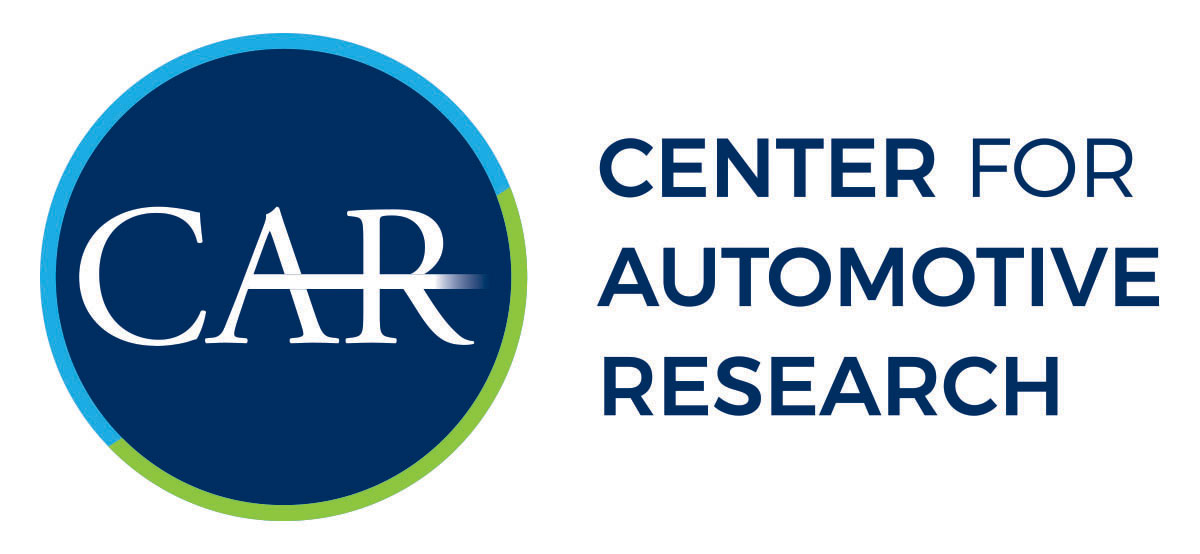The Inflation Reduction Act: Clean Vehicle Credits
Download NowFull Description:
On August 16, President Biden signed the Inflation Reduction Act (IRA) of 2022 into law. The law will, among many things, allocate nearly $370 billion to climate and energy-focused investments and incentives. The IRA resulted from a hard-fought effort that created a complex regulation. One of the many things the IRA does is amends the existing Qualified Plug-in Electric Drive Motor Vehicle Credit program by creating the Clean Vehicle Credit provision, a key element of the IRA and one that is likely to have a significant impact on the clean vehicle market. The CVC maintains the $7,500 tax credit for consumers who purchase a new clean vehicle, i.e., battery electric vehicles (BEV), plug-in electric vehicles (PHEV), and fuel cell electric vehicles (FCEV) while eliminating the current 200,000 vehicle cap per automaker. It also allows consumers to receive a $4,000 tax credit for purchasing a used clean vehicle. Although the IRA extends the $7,500 tax credit for consumers, which is now available at the point of sale, it also adds critical qualifications and restrictions, including strict eligibility requirements for vehicle assembly and critical mineral and battery sourcing for manufacturers. The new law also imposes vehicle manufacturer’s suggested retail price (MSRP) limits and personal income caps for consumers purchasing clean vehicles.
The IRA Clean Vehicle Credits attempts to address many challenges regarding consumer acceptance of BEVs and other advanced propulsion technologies. One key objective of the regulation is to support President Biden’s goal of reaching 50 percent EV market share by 2030 while ensuring a strong domestic supply base for this critical technology. The U.S. has recently faced supply chain challenges causing long wait times, along with serious national security concerns due to foreign markets controlling large portions of the EV supply chain. In response, the law aims to limit the role of China and other foreign entities of concern role in the sourcing of EV critical minerals, raw materials, and battery components to the U.S. market. However, the IRA’s clean vehicle credit nuances may hinder the EV market at a time when automotive and battery manufacturers are investing billions in the industry. Manufacturers will face challenges in the coming years as they work towards building a domestic chain to meet the Clean Vehicle Credit requirements. Additionally, the complexity of the regulation could lead to confusion and frustration among potential consumers.
Download Now